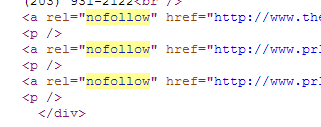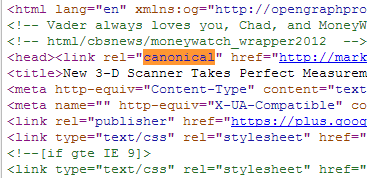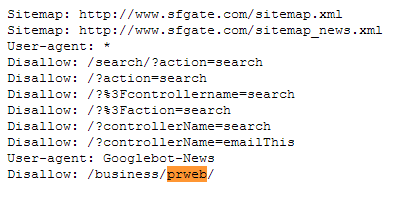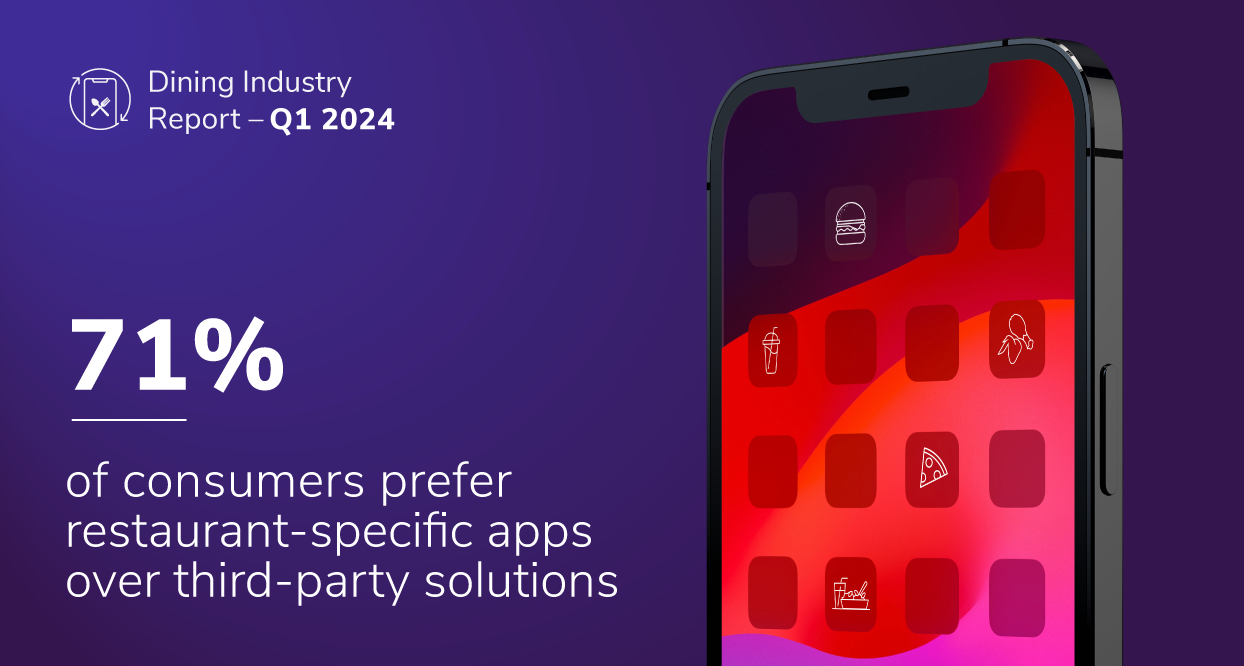Press Release Syndication: For PR, SEO Or Neither?
On the first day of Journalism 595: Media Relations, the professor forewarned that she disliked press releases. It was apparent that we would get along quite nicely.
The professor believed that press releases too often served as a finished product: write, publish, distribute, done. Good publicists, she explained, understand that a release is only one instrument that must be used with every other piece of the press kit to accomplish its goals and objectives.
The same is true in SEO. I have watched so many organizations publish and distribute press releases as an individual link building campaign, spending thousands from their SEO budget. As is the case in PR, we must learn to use press releases as the first step, not the final one.
There are many great resources floating around on SEO press release preparation and strategy
so I would like to focus on syndication and why it might not be a worthy recipient of your SEO or PR budget.
Syndication Shortcomings
I reviewed published press releases on three usual syndication suspects: Boston Globe, San Francisco Chronicle and CBS News. All had three qualities that should make you reconsider your distribution service (and if it’s worth $200+).
NoFollow, No Cry. Most PR people don’t know what rel=”nofollow” means, and that’s fair; it hasn’t been their job to understand HTML. But it is now. I could rant and ramble about how nofollow links are the forgettable stepchild of SEO link building, but a journalism professor once instructed to use a quote when someone else can say it better. This is one of those times. Matt Cutts, head of web spam at Google, spoke about the rel=”nofollow” attribute in a 2007 interview. “For Google, nofollow’ed links are dropped out of our link graph; we don’t even use such links for discovery,” Cutts said.
That’s important for publicists to understand because most links from news media are nofollow and do not pass direct SEO value. The same is true with most syndicated news media sites. Press release distributors love to promote syndication as guaranteed links, which they are able to provide, but those links do not exist in the eyes of Google. Need a little proof? This is the source code of a link from a press release posted on CBS News.

That rel=”nofollow” attribute on each link passes no SEO credit, or link juice, to the recipient page. But what about people who find the page through a search engine? That would still have a redeeming value. Well, it’s going to be tough to find.

Canoniwhat? The Boston Globe, CBS News and many more pull their press releases from one source and use a rel=”canonical” attribute that points back to it. The canonical tag keeps the Boston Globe article from being indexed by search engines so no one will ever be able to find that article through Google. That means the link is only coming from one site, not 10 syndication sites, and that one site uses rel=”nofollow”. Due to either the nofollow attribute or canonical tag (or both) none of the links have SEO value.
The previous two syndication woes, nofollow and canonicalization, should not be a huge surprise. New media sites have used them as long as each has existed. The last one is more interesting, though, hardly shocking.
Domo Arigato Mr. Robots.txt. “No! Seriously?! I paid a lot of money for press release distribution and syndication. The San Francisco Chronicle knows that and wouldn’t be so cruel as to deindex the entire subdirectory.” Well, there’s no easy way to say this so I’m just going to say it. Yes, they would.

Placing a page or subdirectory in the robots.txt file essentially tells search engines not to look at it. Every syndicated press release from PR Web goes in the /prweb/ subdirectory, which is deindexed, and other distribution services, like PR Leap, have a canonical tag pointing off page, accomplishing the same goal: zero link love for your site.
No Shortcuts in PR or SEO
The journalism professor and I agree that press releases are overvalued. But both of us still write them and you should, too. Journalists like to reference press releases for more information and they can still have SEO value–either as a link to your site from a free publisher or a piece of link bait on your site. Just don’t one-and-done and expect it to be worth the time or money.
Did you learn anything new or was this just a refresher course in PR for SEO? Please let me know in the comments below.


